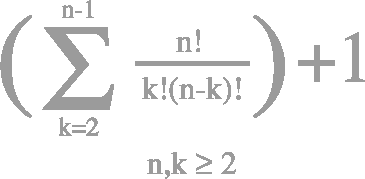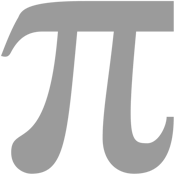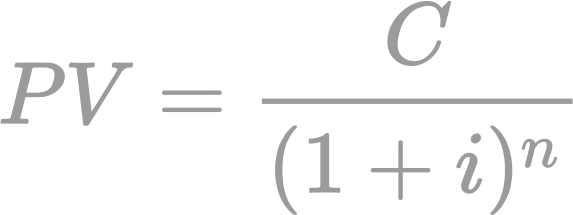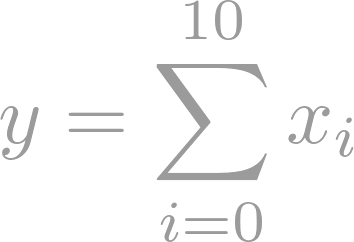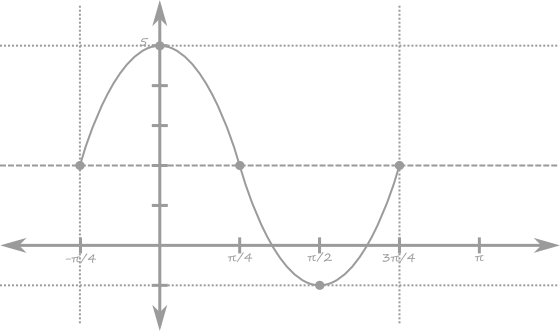This is a Level II compulsory course for majors and minors in Mathematics, which is suitable for all science students. This course introduces methods for solving first- and second-order ordinary differential equations, systems of differential equations, and power series solutions. The purpose of this course is to introduce students to the theory and application of differential equations. Specifically, the course prepares students to apply differential equations to scientific, engineering and economic problems.



